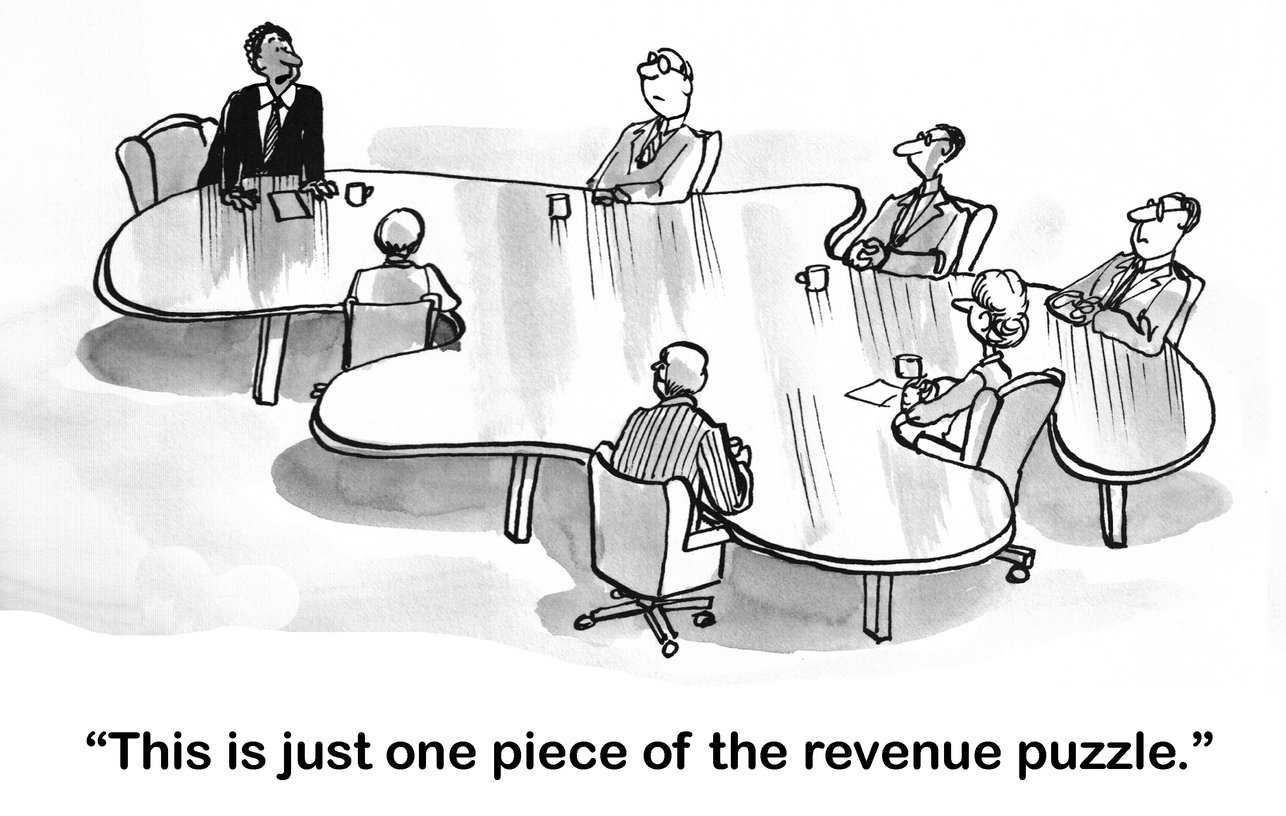Who Benefits Most from Attending a Health Equity Conference?
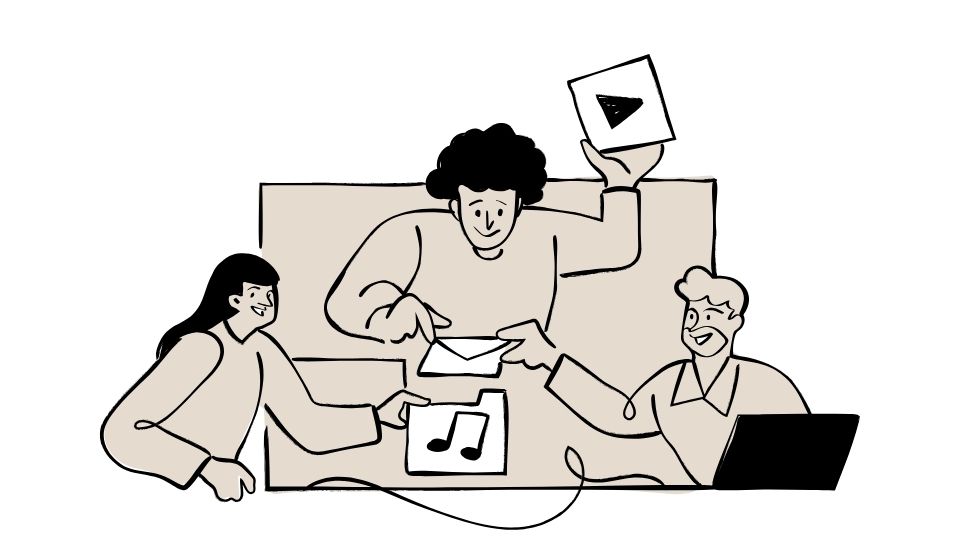
Everyone who cares about fairness in healthcare should be at these conferences. Let me break it down for you.
Who Should Attend Health Equity Conferences (And Why It Matters)
Let’s face it – our healthcare system isn’t exactly winning any awards for fairness. Some people get world-class treatment while others can’t even get basic care.
That’s why health equity conferences exist. They bring together people who actually care about fixing these problems.
But who exactly should attend these events? And are they worth your time?
Let’s dive in.
Who Should Be There
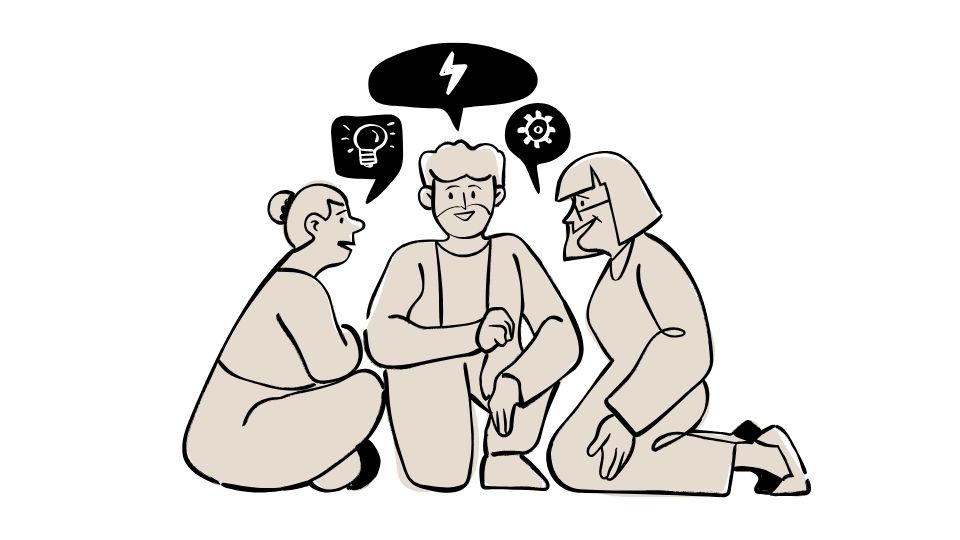
1. Healthcare Providers
Doctors, nurses, and other clinicians are on the front lines seeing health disparities play out daily. And yes, that means YOU.
If you’re treating patients, you need to understand how factors like race, income, and zip code affect their health outcomes.
At these conferences, you’ll learn practical strategies for delivering more equitable care. Not just theory – actual stuff you can implement Monday morning.
A Mayo Clinic study found that providers who received training on culturally competent care saw improved patient outcomes. This isn’t just feel-good fluff – it’s better medicine.
2. Policy Makers & Government Officials
If you work in government or policy, these conferences are your chance to see how your decisions play out in real life.
Your attendance matters because:
- You’ll hear directly from communities affected by your policies
- You’ll learn about successful models from other regions
- You’ll connect with researchers who have the data you need
Health equity isn’t just a healthcare issue – it’s connected to housing, transportation, education, and economic opportunity. As a policy maker, you need to see these connections.
3. Community Leaders & Non-Profits
Community organizations often do the most important work with the least resources. At health equity conferences, you can:
- Find funding opportunities
- Connect with healthcare institutions looking for community partners
- Share your grassroots knowledge with researchers and policy makers
The Robert Wood Johnson Foundation highlights how community-led initiatives often create the most sustainable improvements in health equity. Your voice matters.
4. Researchers & Academics
If you’re publishing papers about health disparities but never talking to the communities you study, you’re doing it wrong.
These conferences connect you with:
- Practitioners implementing your research
- Community members who can inform your research questions
- Funders looking for evidence-based approaches to support
And most importantly, you’ll learn if your research is actually helping anyone.
5. Industry Partners & Businesses
Pharmaceutical companies, insurers, tech firms – I’m looking at you.
Health equity isn’t just a charity cause – it’s good business. Companies that address disparities:
- Open new markets
- Build consumer trust
- Attract top talent who care about social impact
According to Deloitte’s health equity research, companies that prioritize equity outperform their competitors. So maybe don’t skip this one.
6. Students & Emerging Professionals
If you’re just starting your career, these conferences are gold. You’ll:
- Meet mentors
- Find job opportunities
- Develop a network that shares your values
- Learn what equity means in practice, not just theory
Your generation will either fix healthcare disparities or watch them get worse. No pressure.
Why These Conferences Actually Matter
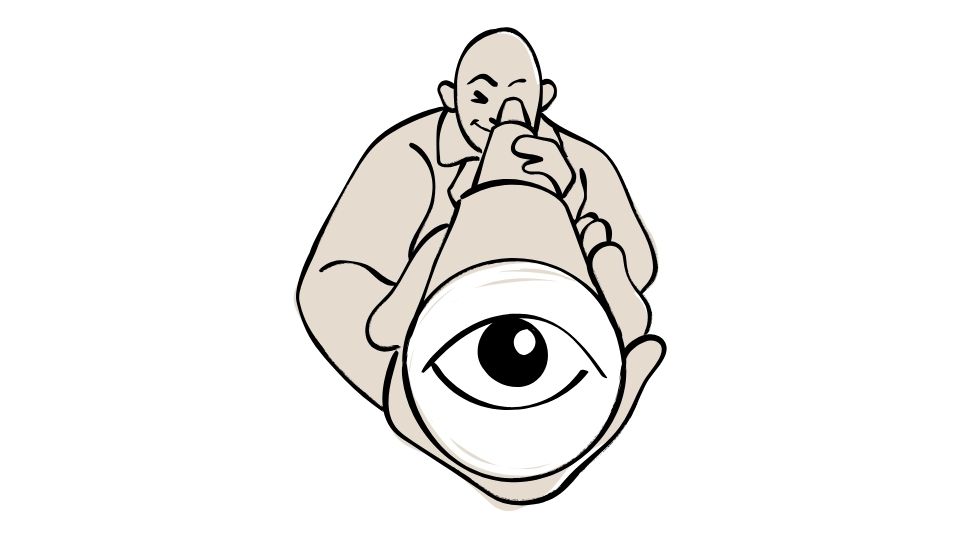
Let’s be honest – most conferences are just expensive networking events with mediocre coffee. But health equity conferences are different because:
They create unlikely partnerships. Where else will a community health worker, a hospital CEO, and a state legislator sit at the same table?
They share solutions that work. Instead of reinventing the wheel, you’ll learn from models that have actually reduced disparities.
They build momentum. Individual efforts can feel futile, but when you see thousands of people working toward the same goal, it renews your energy.
They hold systems accountable. When leaders make public commitments at these events, we can all hold them to their word.
The National Institute on Minority Health and Health Disparities has found that collaborative approaches discussed at these conferences lead to more sustainable improvements in health equity than siloed efforts.
What To Do After The Conference
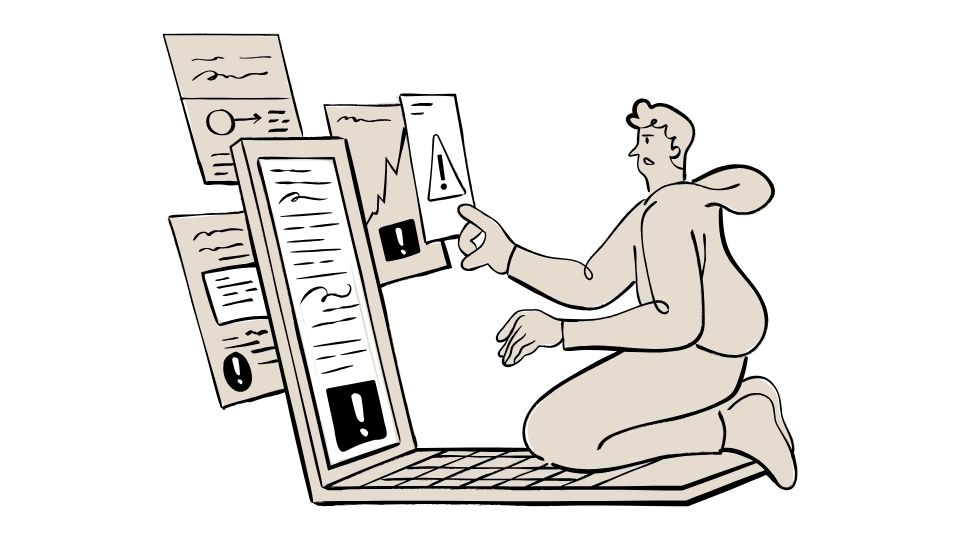
Don’t be that person who gets all fired up at the conference and then goes back to business as usual.
Instead:
- Share what you learned with your team
- Choose one actionable step to implement
- Follow up with contacts you made
- Hold yourself accountable to the commitments you made
Health equity isn’t achieved through conferences – it’s achieved through the work you do after them.
The Bottom Line
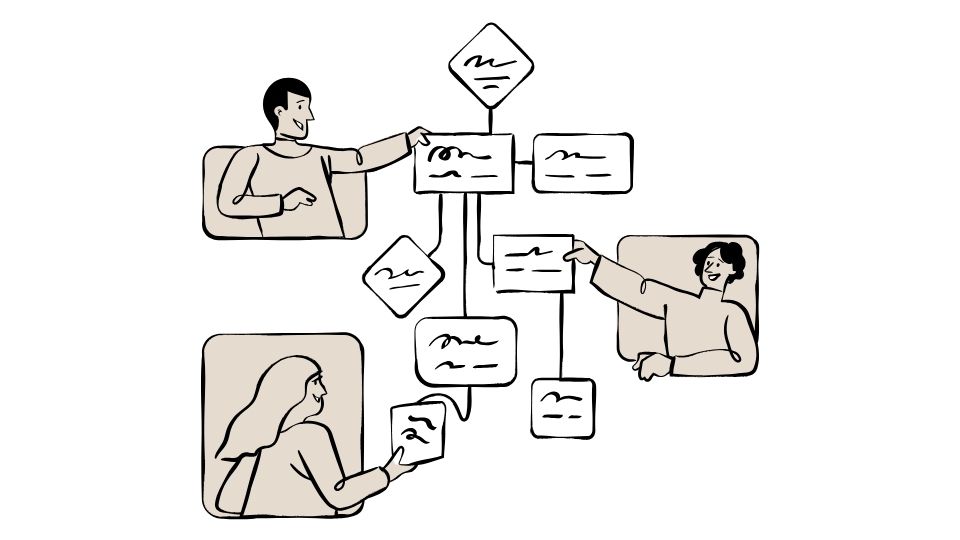
If you care about making healthcare fairer and more accessible for everyone, you should probably be at these conferences.
But only if you’re serious about making changes when you get back.
Because at the end of the day, health equity isn’t about fancy presentations or networking cocktail hours. It’s about whether people live or die based on their race, income, or address.
And that’s a problem worth solving together.

